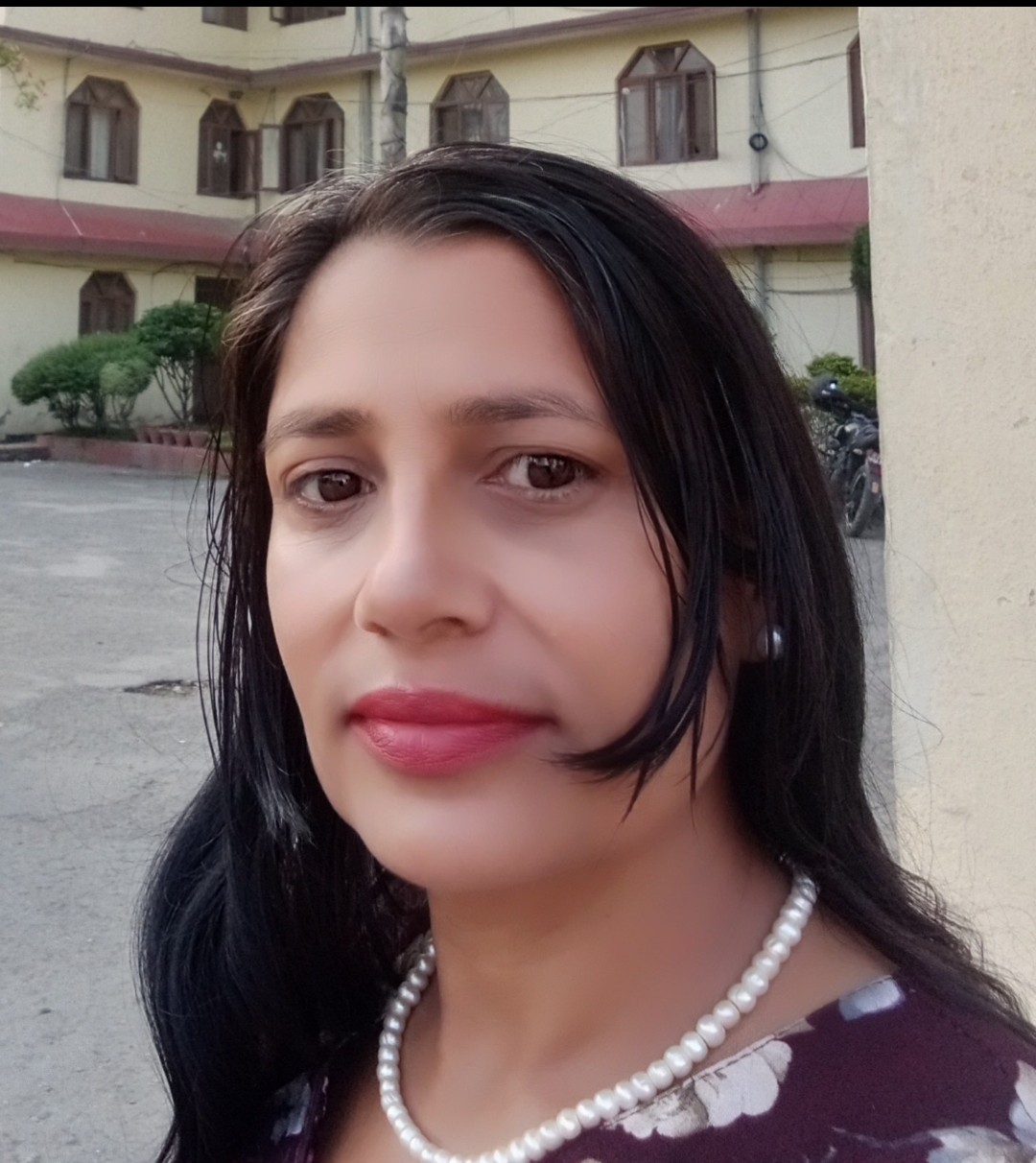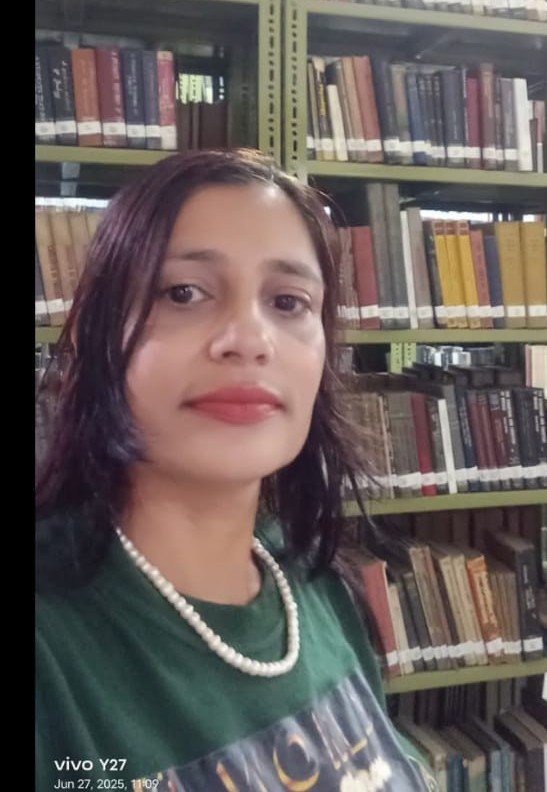Today’s Coffee Conversations installment: t. kilgore splake is a poet and photographer based in Calamut, Michigan. In this micro-interview, I discuss literary composition, the poet’s life, and writer advice with the man himself. You may visit his website here.
DP: What can a poet say to poetry? How does the poet relate to their art?
TKS: i believe that poetry’s relation to the arts can best be described by the lucille clifton statement in a recent academy of american poets ‘newsletter.” clifton said poetry is a matter of life, not just a matter of language.” in addition, one of my favorite poets, jim harrison said “poetry at its best is the language your soul would speak if you could teach your soul to speak.”
DP: What is your own spirited adventure in the arts? How did you arrive at the poet’s life?
TKS: poetry entered my life many years ago while camping in the pictured rocks wilderness outback in michigan’s upper peninsula. early one morning while nursing a wicked hangover with black coffee before the campfire i suddenly felt the urge to write. following that unusual experience i quickly realized that all of my life i had been a poet. sadly, i also understood that I had wasted several years of my life being a prisoner of the middle-class way of thinking and doing things. after this amazing epiphany, i worked to achieve the complete personal freedom to see how far i could go writing poems before my time ran out.
DP: Who are some contemporaries you admire and hope others will read?
TKS: upon reflection, some of my favorite poets are walt whitman, sharon olds, jim harrison, lawrence ferlinghetti, gregory corso, antler, albert huffstickler, and of course, the literary old rascal bukowski the great one.
DP: What advice would you give to young authors with high ambitions?
TKS: the best advice for a beginning poet would be to read rainer maria rilke’s “letters to a young poet.” rilke replied to a young poet’s question with the statement:
“nobody can counsel and help you, nobody. there is only one single way. go into yourself.
search for the reason that bids you to write. find out whether you would have to die if it were
denied you to write.”
today too many people are only interested in being a writer, rather than actually do the writing. regarding the rilke statement – “letters to a young poet” – it is important to both walk the walk and have writings that talk the talk. chris dombrowski in his book “the river you touch” demands one should write naked, in blood, and describe what you never say. in short, the true poet should reveal the sacred and profane – the beautiful and brutal.
DP: Explain your daily habits and how you structure writing into them.
TKS: while poets have the image of being wild, free-wheeling spirits, i have a special writing routine. i rise during the quiet early morning hours, and before facing the blank page i wrestle with two or three crossword puzzles to quickly jump-start the brain.
following two or three hours of serious and solid writing i go to the rosetta café, a small coffee shop in the village where i live in. at what i call my camus (albert camus) corner window table i review the morning’s work. also, i do a literary triage, and decide what it is still possible to do that day and what should be placed on tomorrow’s agenda. so, regardless of the method or the madness, this splake system works.








Very Inspiring